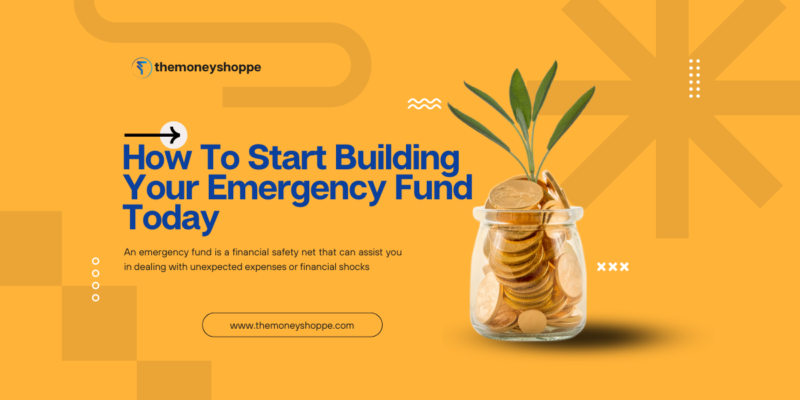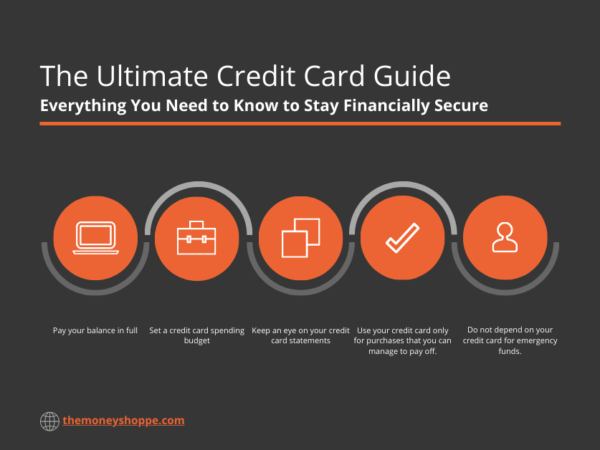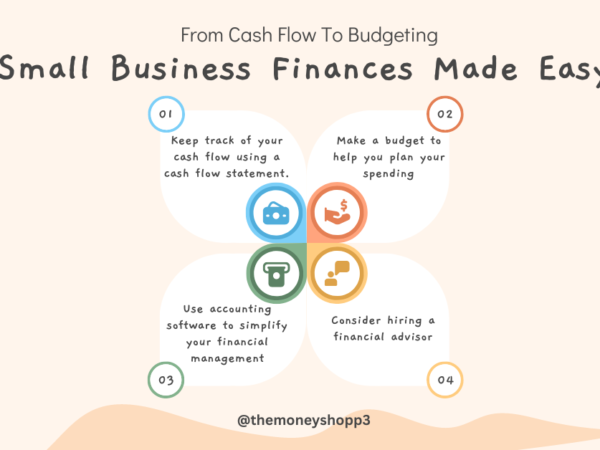
An emergency fund is a financial safety net that can assist you in dealing with unexpected expenses or financial shocks. It is an essential component of any smart financial strategy since it can assist you in avoiding debt, reducing stress, and maintaining financial stability. In this article, we will explore what an emergency fund is, why it is important, how much you should have in your emergency fund, and tips for building an emergency fund on a tight budget.
- What is an emergency fund and why is it important?
- How much should you have in your emergency fund?
- Tips for building an emergency fund on a tight budget
- The Role of emergency funds in relieving financial stress
- Real-world examples of situations that an emergency fund can help cover
- How to decide when you should use your emergency money and when you should look for other options
- The consequences of not having an emergency fund
- Strategies for replenishing your emergency fund after an unexpected expense
- What types of expenses should be covered by an emergency fund?
- The relationship between emergency funds and long-term financial goals
What is an emergency fund and why is it important?
An emergency fund is a sum of money placed aside to pay for unexpected expenses like a medical emergency, job loss, car repair, or house repair. These costs can be unpredictable, but they are an inevitable part of life. If you have an emergency fund, you will have some extra money to pay these unexpected expenses without going into debt.
How much should you have in your emergency fund?
How much money you need in your emergency fund varies on your specific situation. Most financial experts say that you should have three to six months’ worth of living costs in your emergency fund. This means that if your monthly costs are $3,000, you should have at least $9,000 in your emergency fund. If you have a high-risk job or people who count on you, you may need to save more.
Tips for building an emergency fund on a tight budget
Putting together an emergency fund can be hard, especially if you don’t have a lot of money. Here are some suggestions to get you started:
- Start Small: Even if all you can save each month is a small amount, it’s better than nothing. Make saving a priority and promise to set aside a certain amount each month.
- Reduce expenses: Find ways to cut back on your spending so you can put more money into your emergency fund. This could mean cutting back on spending on things that aren’t necessary, negotiating your bills, or moving to a smaller place to live.
- Increase income: You could get a part-time job, sell things you don’t need anymore, or find other ways to make more money. Your emergency money can be built up bit by bit.
The Role of emergency funds in relieving financial stress
Having an emergency fund can give you a feeling of security and peace of mind, which can help you feel less stressed about money. Knowing you have money set aside for unexpected costs can help you feel more in charge of your money and less worried about the future.
Real-world examples of situations that an emergency fund can help cover
Anyone can have an emergency at any time. Here are some real-life situations that an emergency fund can help pay for:
- Medical Emergency: A sudden illness or injury that needs hospitalization or medical attention.
- Job loss: Suddenly losing your job and having to pay for your living costs until you find a new one.
- Car repair: A sudden problem with your car that needs expensive fixes.
- Home repair: A roof that leaks or a pipe that bursts and needs to be fixed right away.
How to decide when you should use your emergency money and when you should look for other options
When an unexpected expense comes up, it can be hard to decide if you should use your emergency fund or find another way to pay for it. As a general rule, you should use your emergency fund for expenses that are important, need to be paid right away, and can’t be paid for any other way. For example, if your car breaks down and you need it to get to work, you may need to use your emergency money to pay for the repairs. But you shouldn’t use your emergency money if you want to take a trip or buy something that isn’t necessary.
The consequences of not having an emergency fund
Not having money for emergencies can lead to bad things. Without a financial safety net, you might have to use credit cards, loans, or other forms of debt with high-interest rates to pay for unexpected costs. This can put you in a loop of debt that is hard to get out of and can hurt your financial health in the long run. Also, not having an emergency fund can make you feel more stressed and worried about money, making it harder to focus on your long-term goals.
Strategies for replenishing your emergency fund after an unexpected expense
If you have to use your emergency fund to pay for something unplanned, you should put money back into it as soon as you can. Here are some ways to get your emergency money back on track:
- Cut back on non-essential spending: Find ways to cut back on your spending so you can put more money into your emergency fund.
- Set up automatic savings: Set up monthly payments from your checking account to your emergency fund to make sure you always save money.
- Increase income: You might want to find ways to make more money, like getting a part-time job or selling things you no longer need.
What types of expenses should be covered by an emergency fund?
Use your emergency money to pay for important and urgent costs that you can’t pay for any other way. This could include things like medical bills, car repairs, house repairs, or the loss of a job that was not planned. It’s important to remember that you shouldn’t spend money from your emergency fund on things like trips or things you don’t need.
The relationship between emergency funds and long-term financial goals
Having money for unforeseen expenses is a key part of any long-term financial plan. It can keep you from having to pay for things you didn’t plan for and give you a sense of financial security. Having an emergency fund can also help you avoid debt and stay on track with your long-term financial goals, like saving for retirement or paying off debt.
In conclusion, putting together an emergency fund is a key step toward financial security and less financial stress. Even though it can be hard to save money on a tight budget, even small amounts added to an emergency fund over time can add up. By making your emergency fund a top priority and using it carefully, you can protect yourself from unexpected costs and keep moving toward your long-term financial goals.













